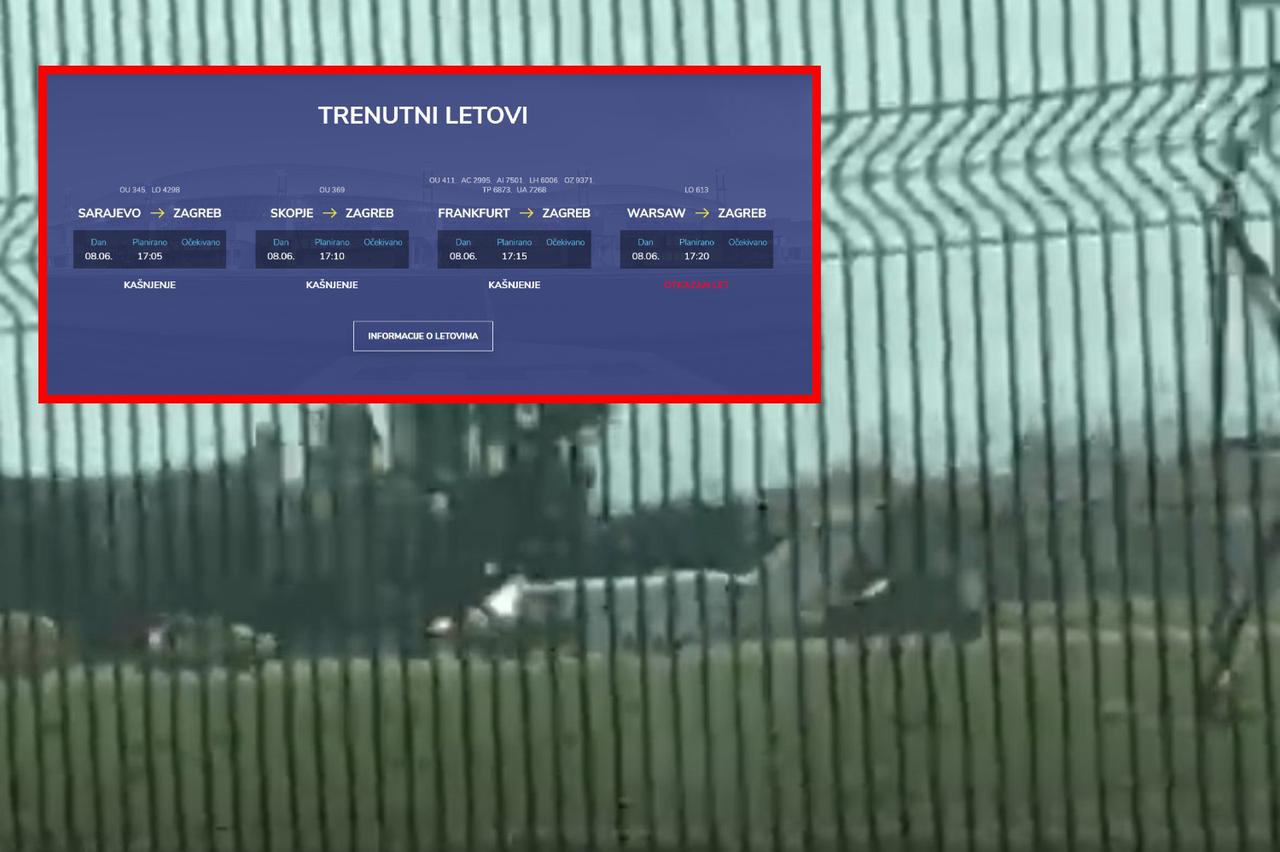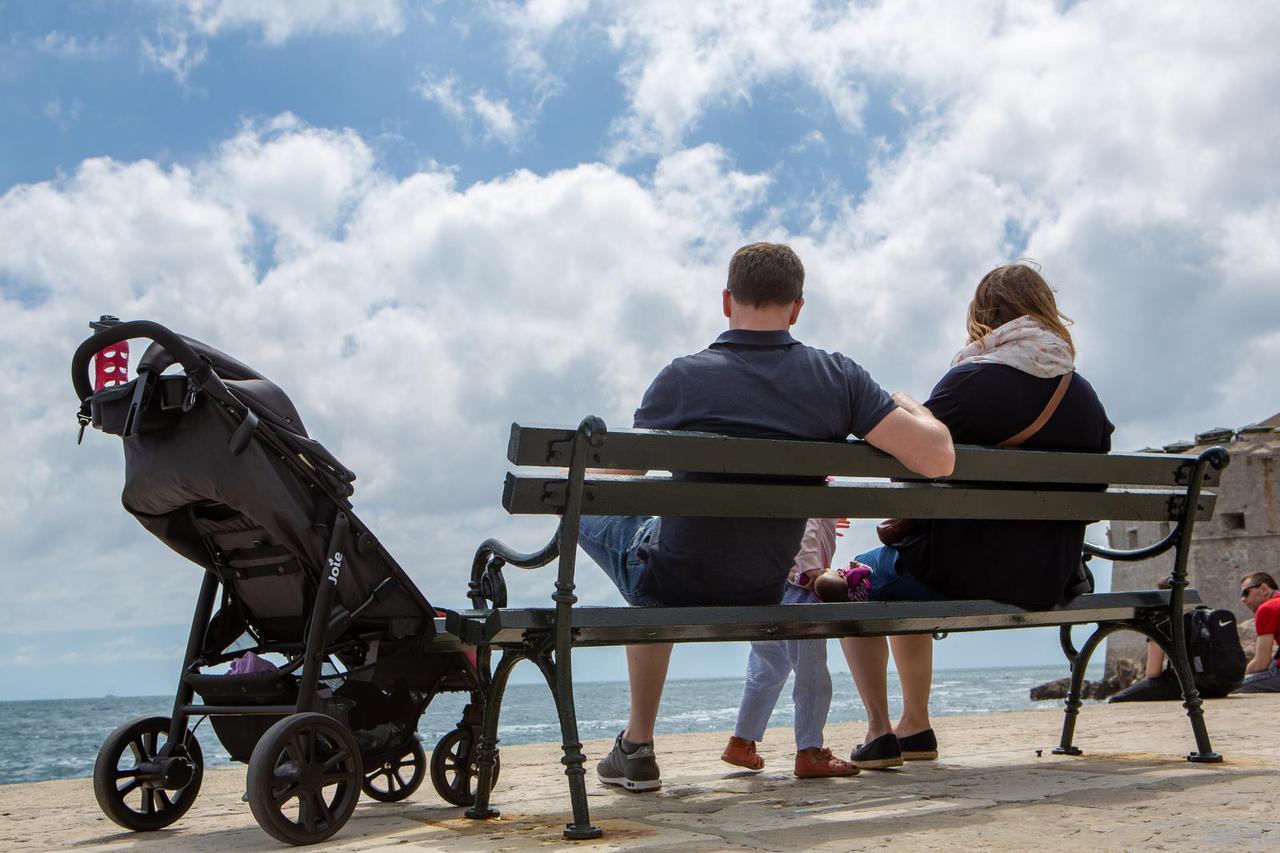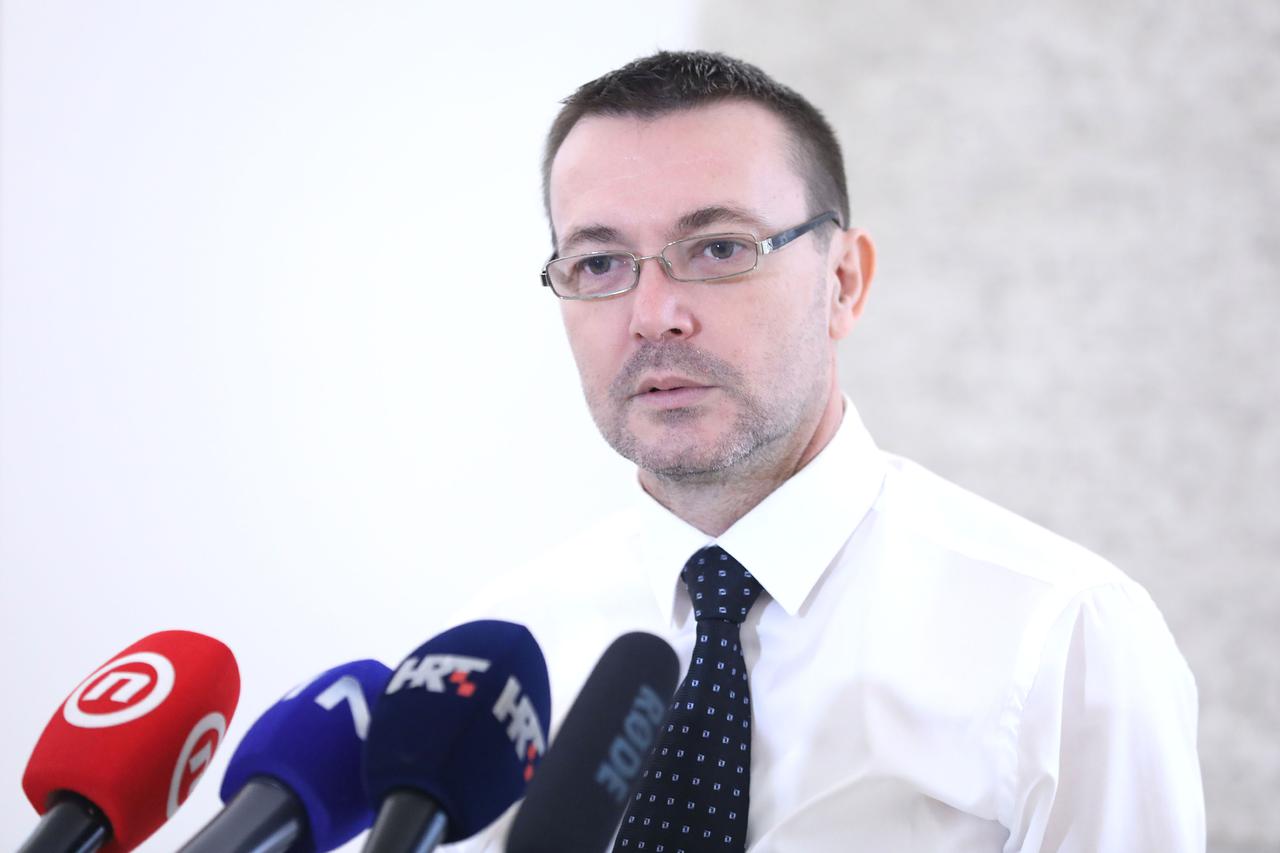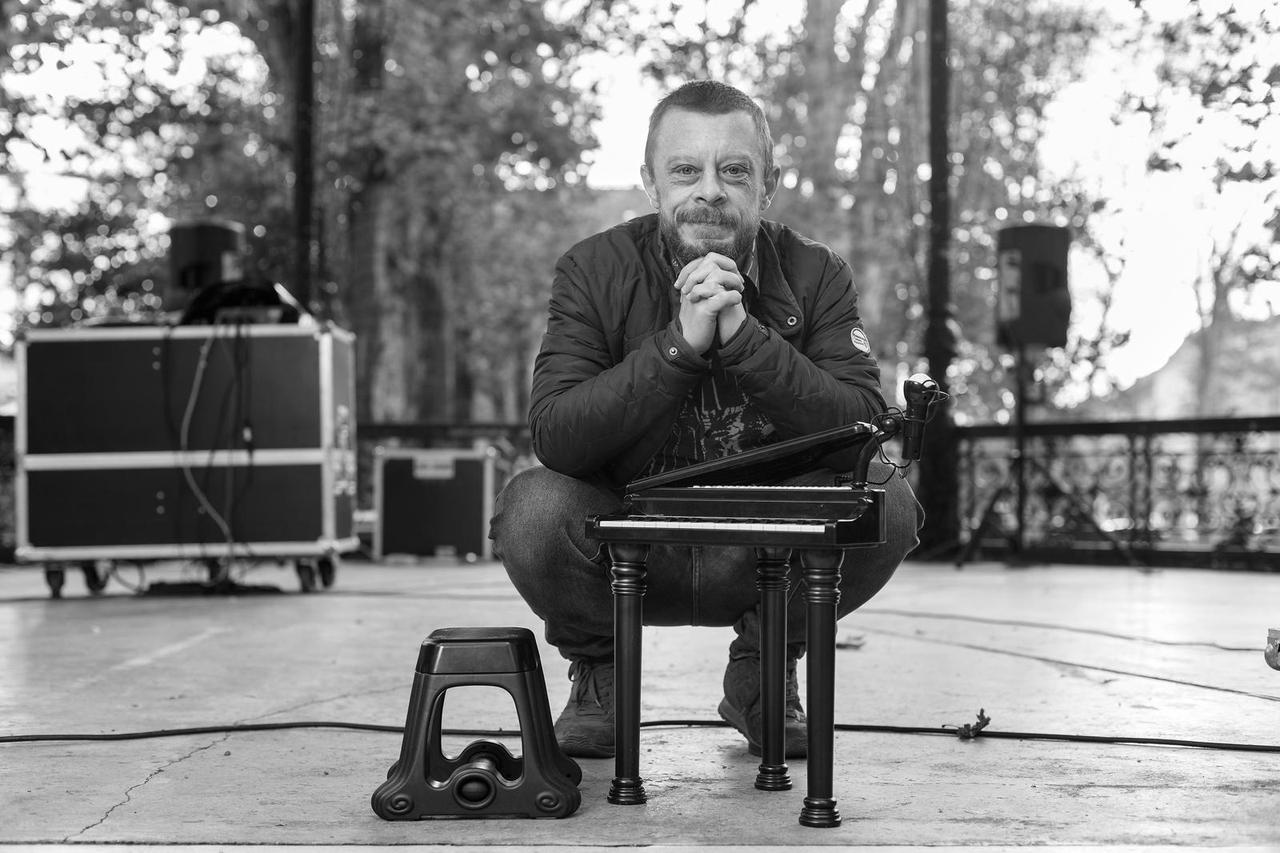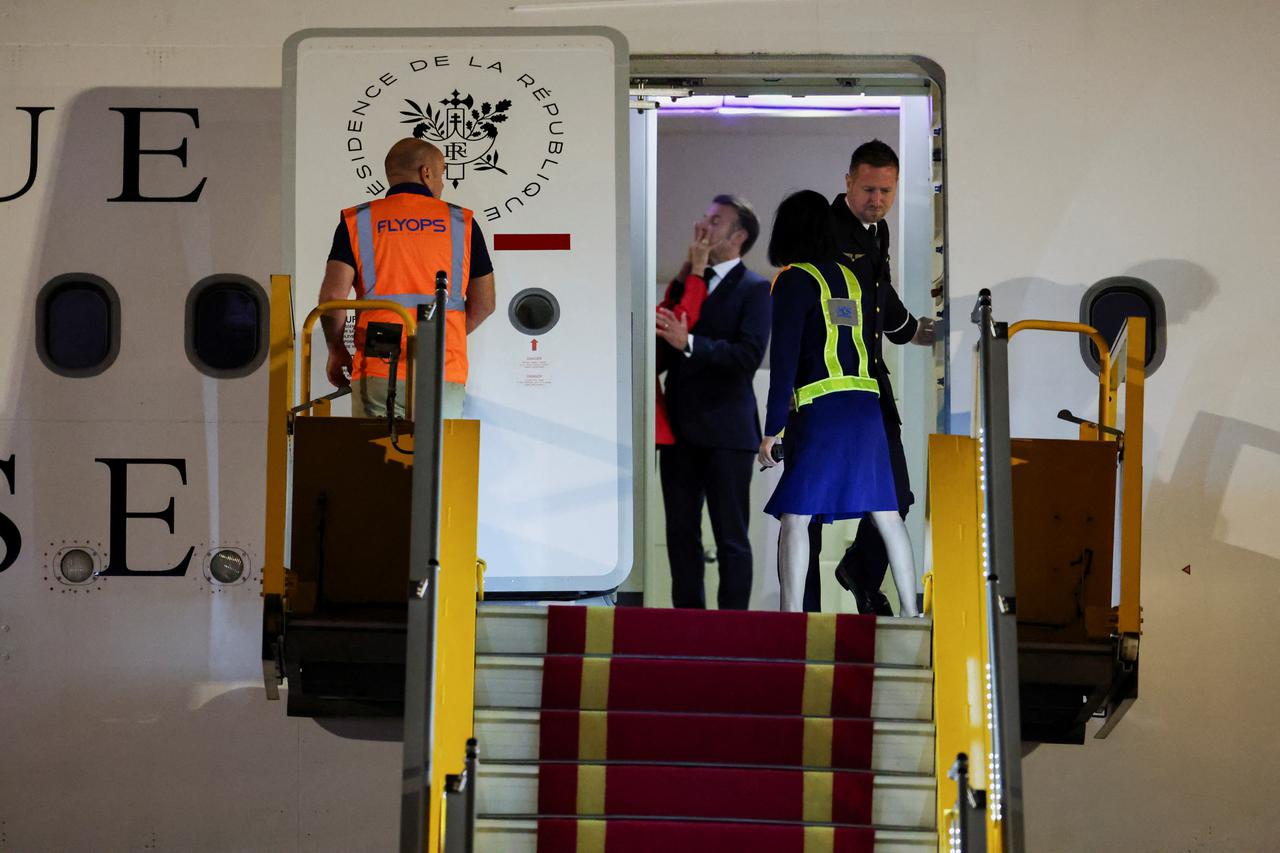According to projections by the European Commission, Croatia will experience a significant decline in the number of pupils and students over the next 15 years, which will have serious consequences for the educational system and the country’s economic development. A decrease in population, especially among the youth, is expected due to low birth rates and emigration. The educational system faces issues of surplus staff and a shortage of students, potentially leading to major restructuring. While Slovenia successfully increases the number of children and students through effective policies, Croatia lags behind. This topic is subject to different political interpretations: the left emphasizes the need for social and educational reforms, centrists focus on sustainable development and demographic revitalization, while the right stresses traditional values and migration control.
Political Perspectives:
Left: The left emphasizes the urgent need for comprehensive social and educational reforms to address the demographic decline. They highlight the importance of investing in education, social welfare, and family support policies to reverse the trend of population decrease and to create a more equitable society.
Center: The center focuses on sustainable economic development and demographic revitalization as intertwined goals. They stress the importance of pragmatic policies that balance education system reform with economic incentives to retain and attract young people, aiming for long-term stability and growth.
Right: The right highlights the importance of preserving traditional family values and controlling migration as key factors in addressing demographic challenges. They often emphasize national sovereignty and cultural identity, advocating for policies that support population growth through traditional means and stricter immigration controls.















